HAVANA, Jan 15, (V7N) – Cuba announced the release of 553 prisoners following the United States' decision to remove the country from its list of state sponsors of terrorism.
The White House confirmed that President Joe Biden rescinded Cuba’s terror designation, citing the absence of evidence to justify its inclusion. The move is part of an agreement that also includes the release of protesters imprisoned in Cuba.
The decision comes just days before the return to office of Donald Trump, who had re-imposed the terror designation during the final days of his first term in 2021. Biden’s announcement sparked immediate criticism from Republicans, with Senator Ted Cruz denouncing it as "rank appeasement" of the Cuban regime.
The Biden administration also announced the partial waiver of the Libertad Act, limiting lawsuits against entities dealing with confiscated property in Cuba, and rescinded National Security Presidential Memorandum 5, which had imposed financial restrictions on Cuba.
Cuba welcomed the decision as a "step in the right direction" but highlighted that US sanctions, in place since 1962, continue to devastate its economy. President Miguel Diaz-Canel criticized the sanctions as "genocidal" and called for dialogue with the incoming US administration, signaling readiness for more challenges under Trump’s renewed presidency.
The release of 553 prisoners was confirmed by Cuba’s foreign ministry. These individuals had been jailed for "diverse crimes," including those linked to protests against economic hardship and government policies.
Cuba’s economic crisis, exacerbated by the Covid-19 pandemic and US sanctions, has led to severe shortages of basic goods, blackouts, and widespread discontent. The situation triggered mass protests in July 2021, marking the largest anti-government demonstrations in decades. Over 1,500 people were arrested during the protests, with 600 reportedly still imprisoned as of December 2024.
The Cuban government accused Washington of orchestrating the unrest, while analysts attribute the crisis to a combination of mismanagement and the impact of US sanctions.
With Trump’s imminent return to office and the appointment of Senator Marco Rubio as Secretary of State, experts predict a hardline approach toward Cuba, reversing the Biden administration’s conciliatory measures.
The evolving dynamic underscores the deeply polarized US policy on Cuba and its implications for the island nation's political and economic future.
END/WD/RH/



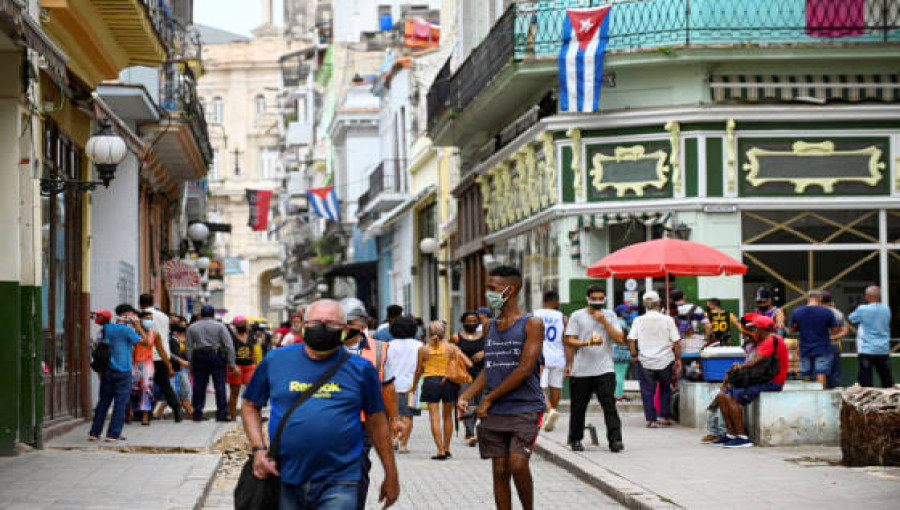
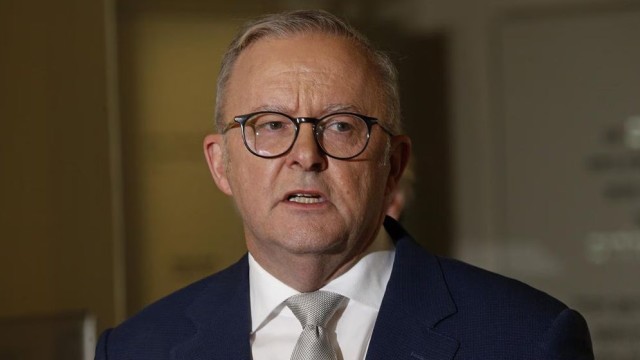
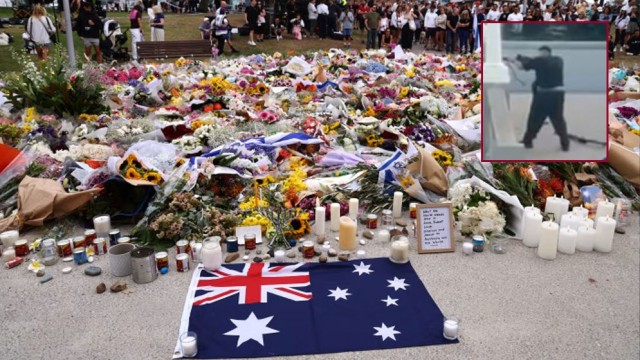
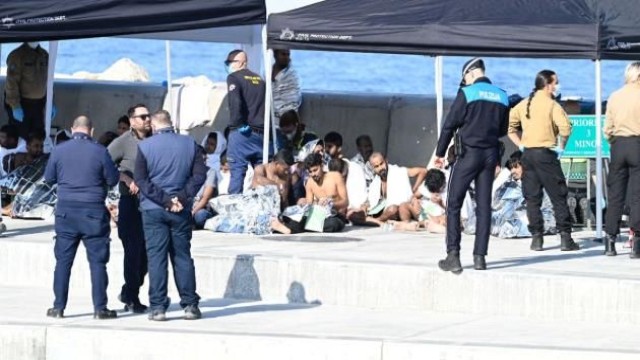
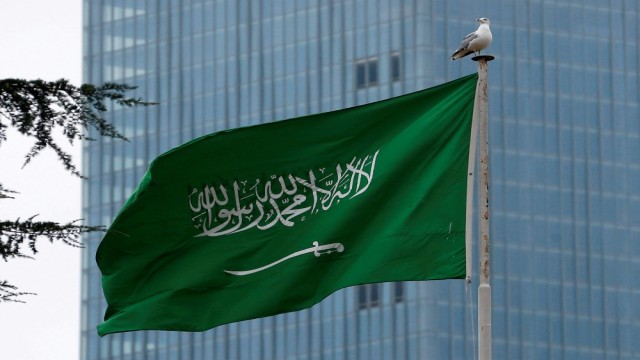

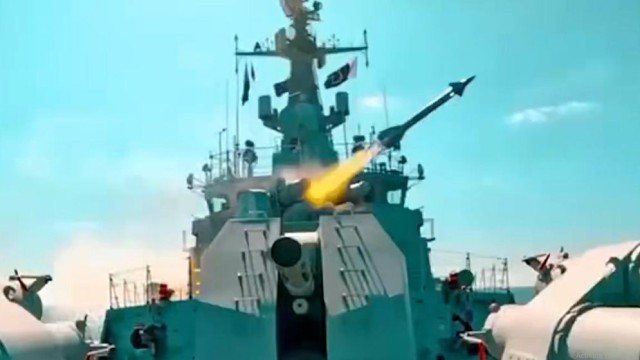
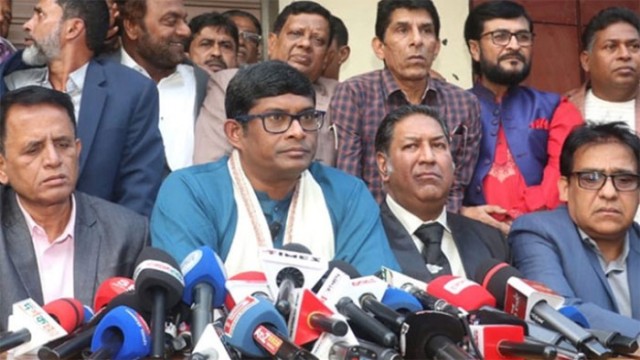


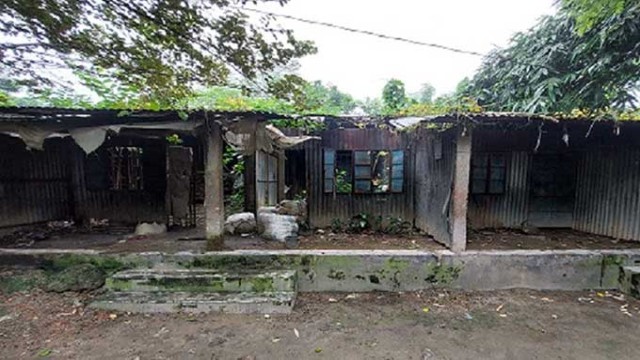


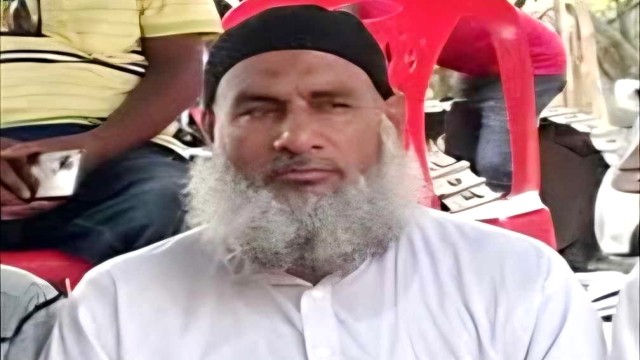

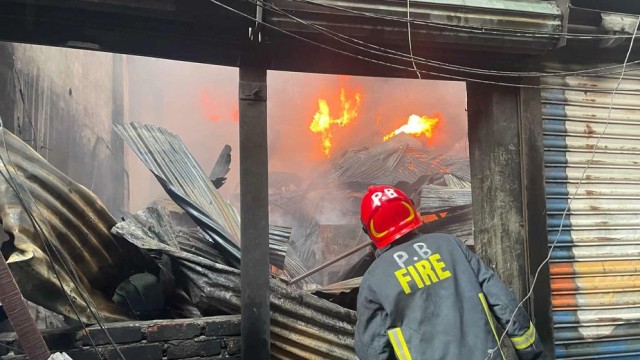
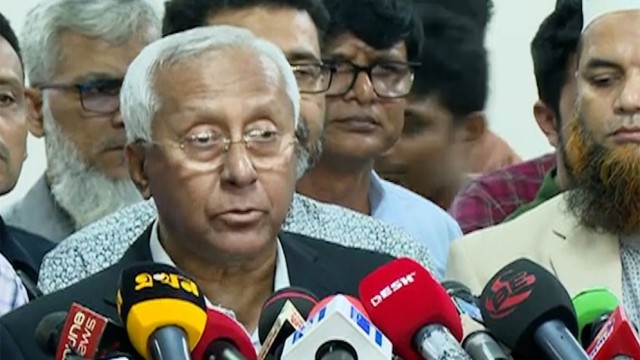

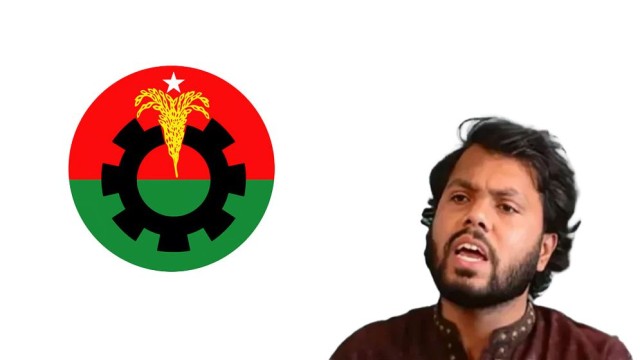
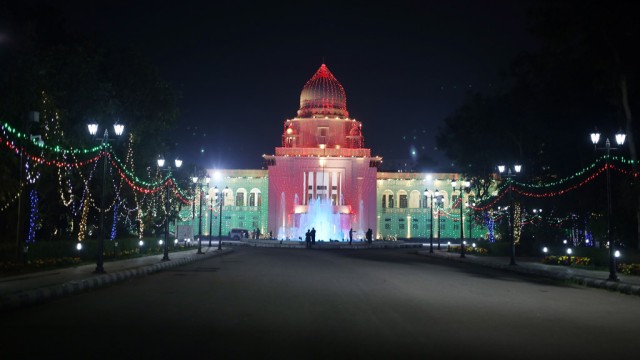
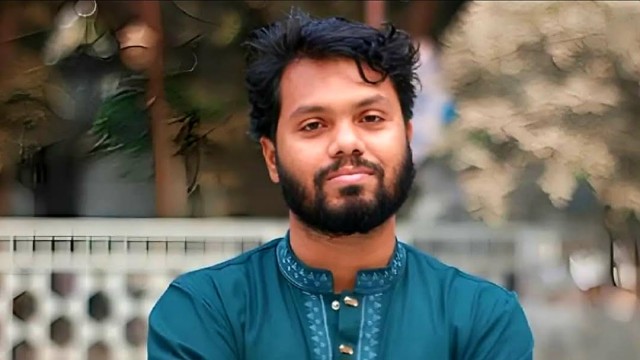

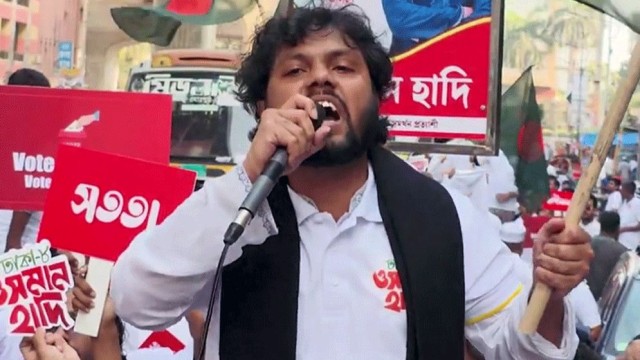
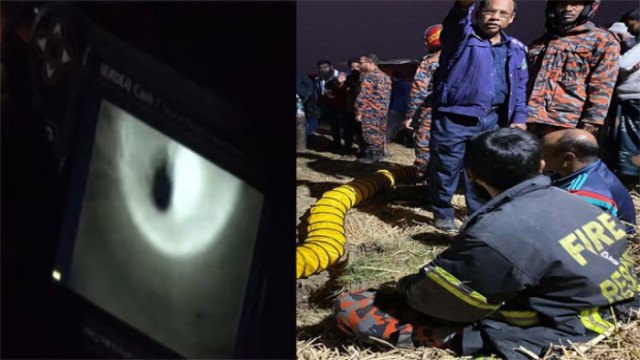
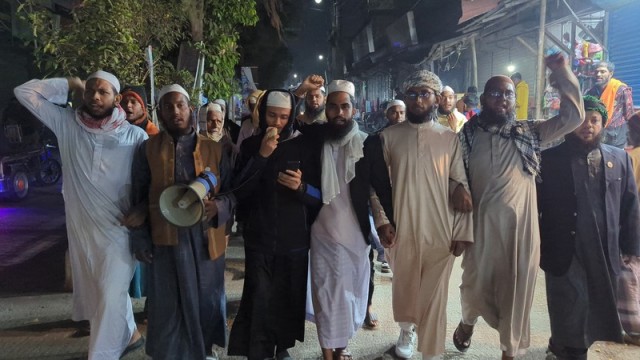
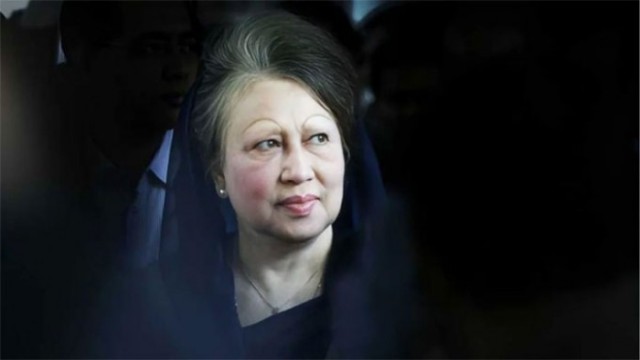


Comment: